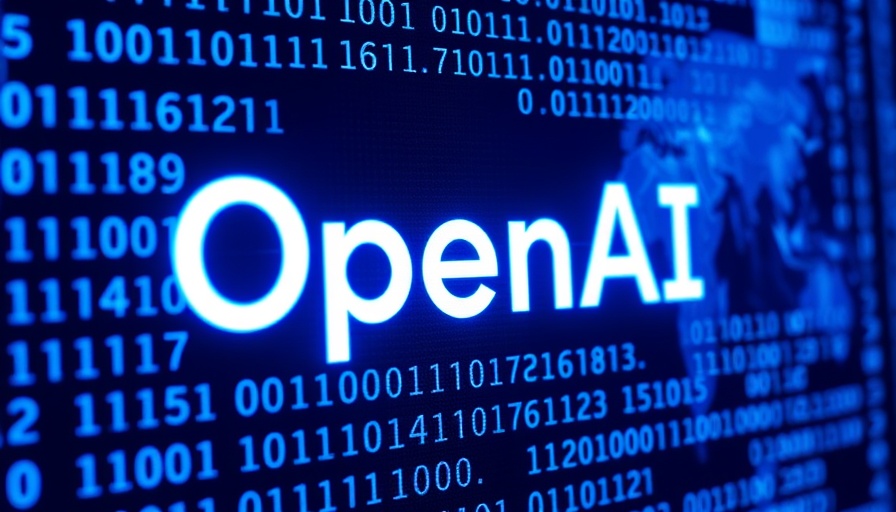
Is Corporate Restructuring the Future of Work?
As corporations across the United States reevaluate their organizational structures, a notable trend emerges: the shedding of middle managers. This transformation, driven in part by advancements in artificial intelligence and a shift towards more streamlined operations, raises critical questions about the future of work in a rapidly evolving digital landscape.
Understanding the Role of AI in Redefining Management
Artificial intelligence is increasingly influencing how businesses operate, automating routine tasks traditionally handled by middle managers. AI technologies, such as machine learning and natural language processing (NLP), empower companies to collect and analyze data on employee performance and productivity. This transition could lead to smarter, more efficient decision-making, thus reducing the need for a large managerial layer.
A Shift in Workforce Dynamics
With AI applications becoming more sophisticated, the landscape of corporate America could be set for a significant overhaul. As discussed in forums and articles across various platforms, many organizations are opting for flatter structures where employees have more autonomy. This new approach fosters faster communication and enhances agility within teams, making it essential for workers to adapt and harness AI tools to improve collaborative efforts.
The Benefits and Risks of Flattening Structures
Creating a leaner workforce structure has its advantages. Companies can reduce overhead costs, streamline decision-making processes, and become more responsive to market demands. However, this shift poses risks, including potential overburdening of remaining employees and challenges in maintaining accountability. As AI technology progresses, organizations must consider how to balance efficiency with employee well-being.
What Lies Ahead for AI and Employment?
Looking forward, predictions suggest that AI will continue to reshape job functions, leading to an evolution of employee roles rather than outright replacement. Adaptability will be crucial, as workers must learn to leverage AI-powered solutions in their daily tasks. Those who embrace ongoing education in AI technologies will likely find themselves at an advantage in the future job market.
Engagement: The Future of Middle Management
The transition away from traditional middle management could lead to a more innovative corporate culture where creativity thrives. Companies are encouraged to reimagine the concept of management—prioritizing mentorship and coaching over direct oversight. This shift necessitates a rethink of how success is defined and measured within organizations.
Concluding Thoughts: The Intersection of AI and Employment
The redefinition of the corporate workforce through AI and the resulting changes in middle management structures signify a pivotal moment in business history. As innovations progress, the focus must remain on ethical AI development and its human impacts. Now is the time for professionals to adapt to these shifts, ensuring that both personal growth and workplace objectives align with the future of technology.
 Add Row
Add Row  Add
Add 




Write A Comment